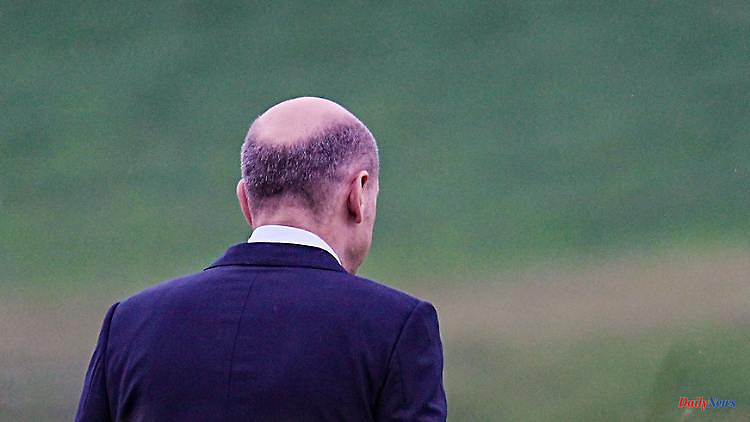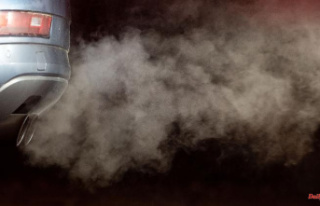At the end of a week of summits, the order of the new Cold War is emerging. But not how Germany will get through next winter.
It is strangely upside down, the world of the three summits of the EU, G7 and NATO. The economically powerful democracies of the "old west" definitely have an idea of how the world and their own interests should be sorted - but only in the distant future. For the next few months, on the other hand, they have nothing of the sort. The heads of state and government find pithy words at the summits and support Ukraine and its president at every opportunity. Good this way. But the truth is, the war leaves them... terribly at a loss.
At every stage of this summit tour, the heads of state and government promised Ukraine should continue to receive weapons and money. That is also good, but for what purpose and goal exactly? It's not even clear what needs to be fulfilled to say: Ukraine "won" the war or at least "didn't lose it".
Nobody in the powerful circles of the EU, G7 or NATO knows how and when this war will end. Nobody knows what Vladimir Putin really wants and where he would stop. No one knows how many more victims there will be in Ukraine and how long the country can hold out. And nobody knows how dangerous and expensive the war and its consequences will be for us in Germany. Winter will be an existential challenge for the fourth largest economy in the world: is there enough gas for heating and for the millions of jobs in companies? When was the last time you had to ask yourself such questions?
In comparison, looking far ahead, into the next decade, is sharply clear: First, the EU is to become even larger in order to round off the European zone of prosperity and peace. In view of the notoriously reform-sluggish Union, it is anything but certain that this will succeed. But at least it's a plan. Secondly, NATO is also getting bigger and is getting a "northern flank". At the same time, the alliance and the Bundeswehr are being upgraded in an unprecedented way in order to be fixated on national defense again. So NATO is returning to the future as a unit, to the old business of military deterrence, the enemy is in the east. You haven't heard that so clearly for a long time, only those who remember the time of the "Cold War" still know it.
And finally, the three summits take a fresh look at the rest of the world. It begins with the frantic search for partners who will supply Germany and Europe with gas and raw materials that Putin's Russia no longer wants to buy. And it continues with the very fundamental question of why so much of the "Global South" sees Russia's war and Putin's guilt very differently from Americans and Europeans. Wherever people knock at the door, in Africa or South America, China and Russia have been cultivating relations for a long time. Putin is nowhere near as ostracized in the world as we take for granted. So what has the EU done wrong that the countries with the majority of the world's population do not want to follow it?
At the end of this summit route one can say: Olaf Scholz did not do badly. But even he couldn't prevent it from becoming clearer day by day: the more distant future causes far fewer worries or fears than the next few months. Times are so outrageous.












